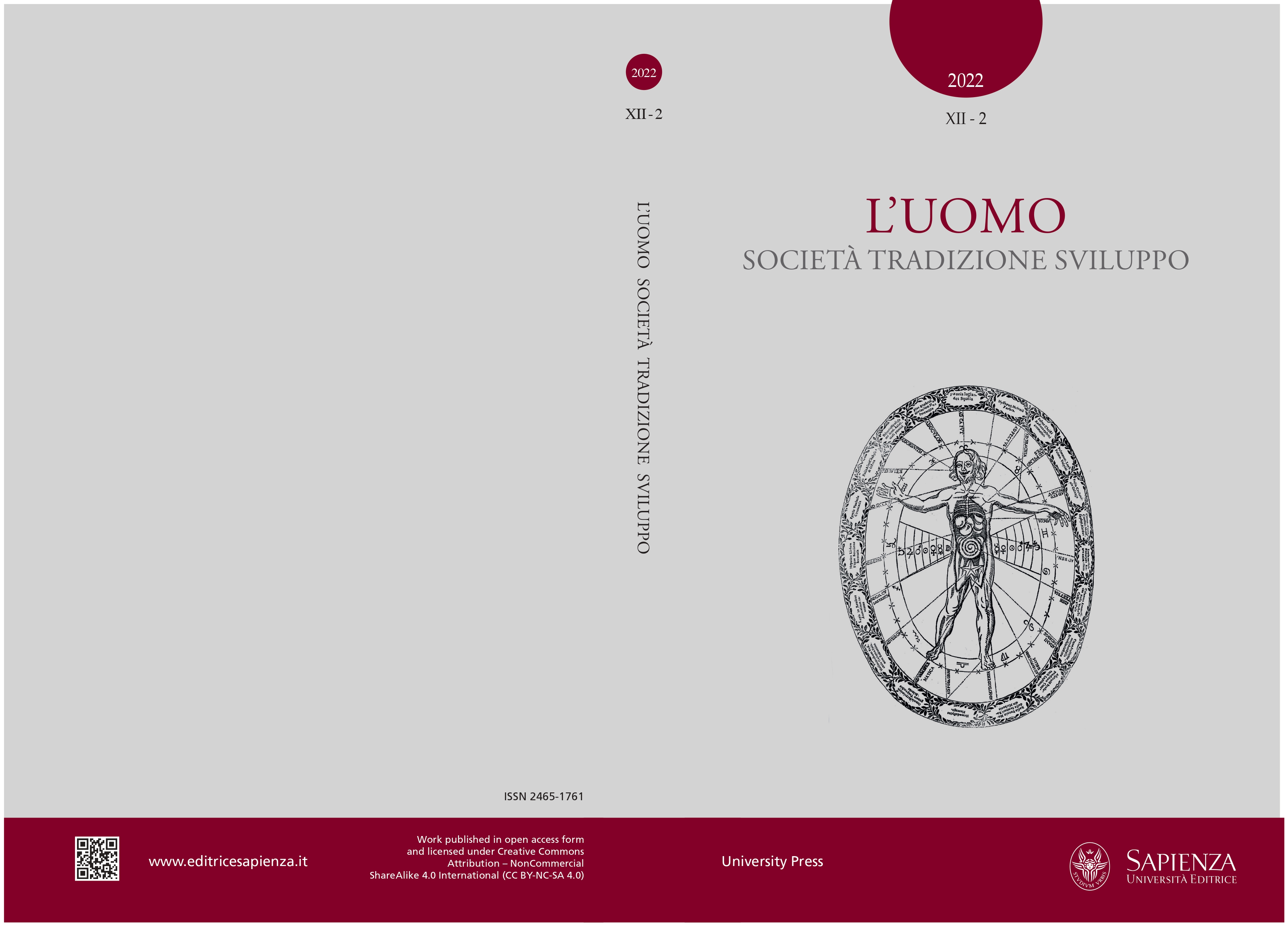The God of Miracles
“Universal” Church and Sinhalese Catholics in Messina
Keywords:
universal Church, Sinhalese, Catholicism, devotion, ethnic chaplainciesAbstract
In this article I will examine the complex relation between the “universal church” and “particular churches” starting from an ethnographic research focused on Sinhala Catholics living in the city of Messina (Sicily). The increasing demographic, social and economic relevance of Sinhala people within the migratory and religious landscape in Messina has called for a targeted action on the part of local ecclesiastical institutions, so sensitive to the integration of the “ethnic Catholic communities” that are very significant in the trans-local architecture of contemporary Catholicism. However, the Messina’s Church work for the framing of the Sinhala community – across the institutional, political and theological-devotional levels – produces ambivalent exchanges, creative arrangements and conflictual adhesions. Due to the exam of some of the ethnographic research’s contexts – the ordinary Sinhala ritual time-space; the community participation in the synodal path; the dense pilgrimage activity; the processes of construction of Sanctity – it will be considered how the belonging to the same religious (Catholic) community is negotiated and crossed by internal lines of ethnic and cultural differentiation, which are evident in the disciplining work pursued by the ecclesiastical bodies in charge of the pastoral care of migrants and addressed to Sinhala religiosity, this latter being recognized as sincere and authentic while at the same time in need of corrective action. In this way it will be possible to reflect upon the aporias underpinning the global and “multicultural” Church, whose universalist mission is permanently achieved through local devotional, theological and institutional expressions and ramifications.


